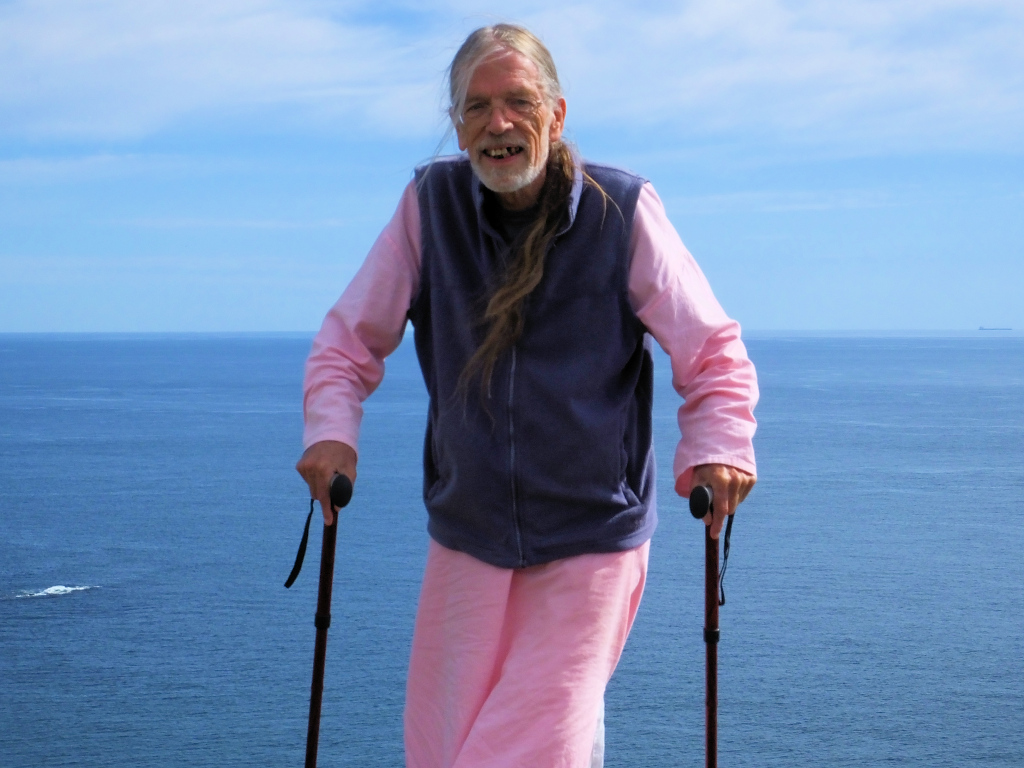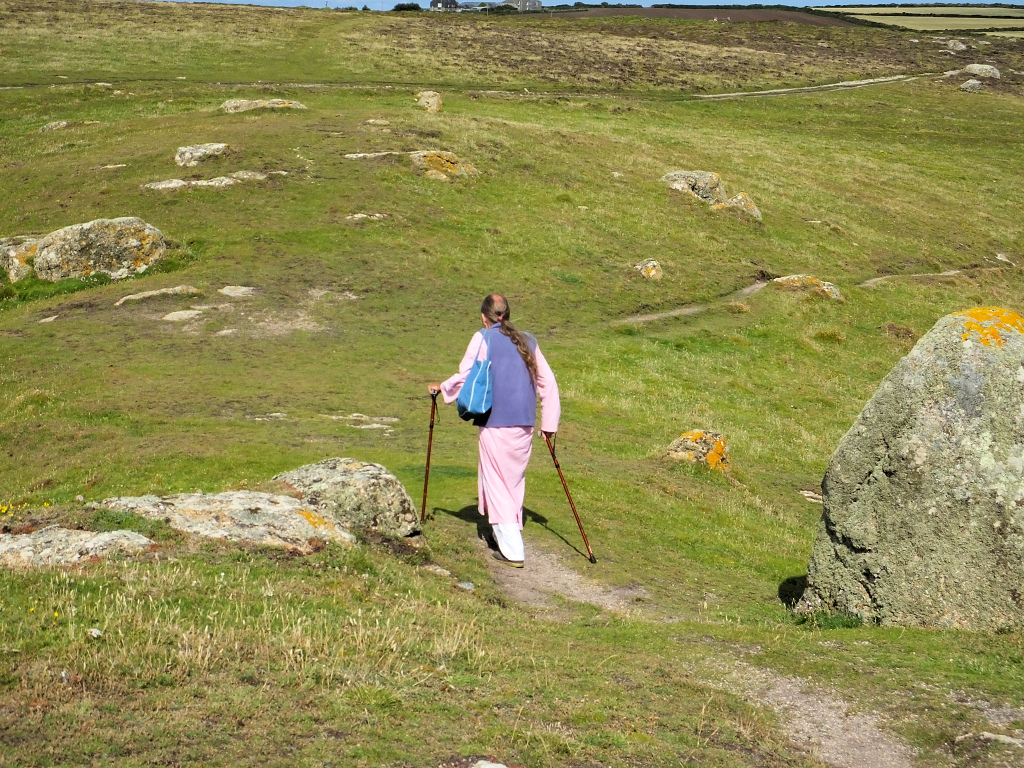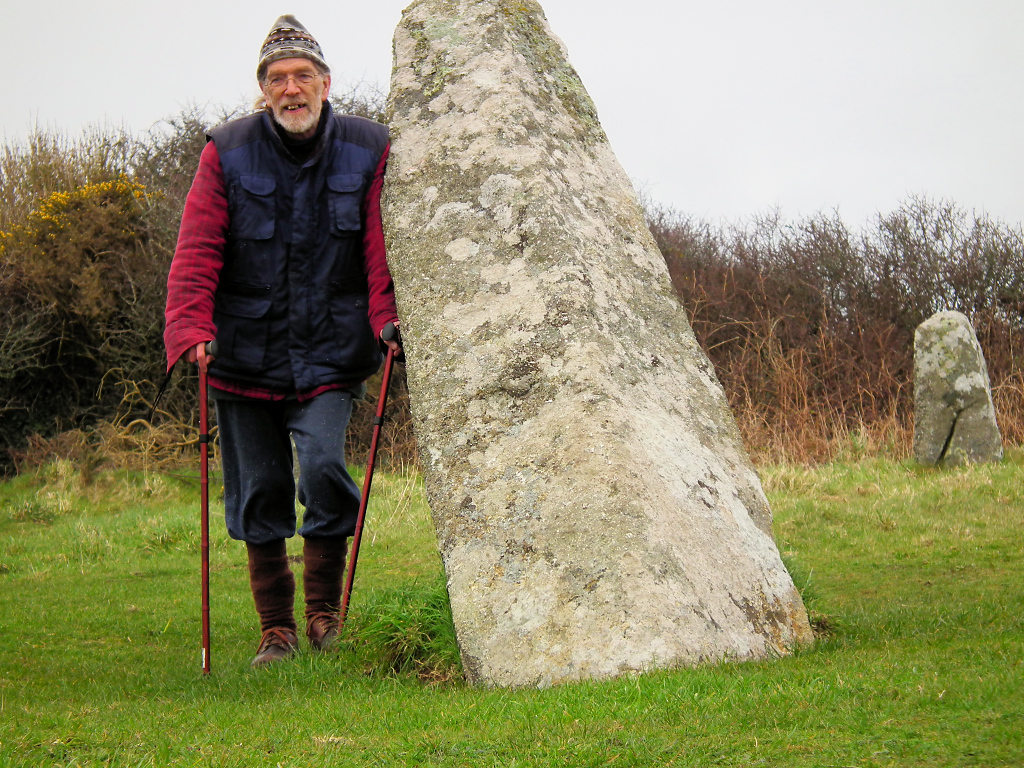
The bigger implications of the Covid outbreak are now beginning to unfold. As I mentioned a few months ago, this isn’t about Covid – it’s a deeper and bigger change. Covid was the catalyst, bringing a cascade of events to force a change in the human psyche, globally. Covid itself will be forgotten, in time – it was just the trigger.
In a sense, this qualifies as a classic case of ‘divine intervention’. Imagine you’re an archangel, trying to help the people of planet Earth with their self-created problem. Previous attempts to trigger fundamental change – say, the fall of the Berlin Wall or the horrors of Syria – have not worked sufficiently. The challenge therefore is to create a trigger situation where it hits home hard enough to upend and shake out the foregoing human mindset that creates the problem, but not so hard that it knocks people back fundamentally, rendering them incapable of change, because they’re suffering, struggling and dying too much.
Et voila. It took the form of Covid 19 – a brilliant creation, sophisticated enough to outfox the brainiest of people and the most controlling of authoritarians and bureaucrats. It creates enough damage to rock things, but not enough (yet) to fundamentally disable us.

There’s something much deeper going on than this – it’s a reality-reconfiguration. It’s so fundamental that even those of us with the loosest, widest, deepest thinking are rather lost. Yes, lost. Thoroughly disoriented.
A sure sign of this is the way that we’re all trying to map a certain vision onto the future, to restore something of the way things were before. For some people it’s all about where and when to go on holiday, and for others it’s all about who controls the world, and why, and what we ought to do about it. But the problem is that reality has shifted more than that. Even the most visionary, progressive ideas use assumptions and concepts from the past. We don’t really know what has shifted, or how exactly it happened. It’s just that we’re waking up in the morning suddenly realising that things already look very different. We’re rather lost, and getting more lost.
I’m one of the more visionary types around here. I’m well-versed in history and geopolitics, I’ve been on this path since the Sixties and have had time to think things through, I’m articulate, brainy and, guess what, to be entirely honest, I don’t have answers. Here’s the rub: anyone who proposes that they do have answers doesn’t really have them – they are projecting onto the future a framework, an understanding, that seeks to restore the past. I’d put myself amongst them: I too am doing this, in my way.
There are a lot of experts and pundits out there, advocating explanations, and recently we’ve entered a new phase in the battle of ideas and viewpoints and it’s very complicated and shifting. No one really knows what to think any more, so some of us suspend judgement or cop out, while others grasp on to sure-fire analyses of what’s happening and what happens next, megaphoning them at everyone else. As if reality is created through majoritarian agreement. No, it isn’t. Life is what happens when you’re busy making other plans. Especially now.

This gets problematic, because it’s not just a simple question of right and wrong. Take conspiracy theories, a classic example of reality-projection, born out of a need to control the uncontrollable and to see the world as Big Brother’s plaything – a father complex. Well, problem is, much of the analysis that constructs this mindset is ill-interpreted and ill-founded, but there is also a lot of truth in it and some conspiratorialists are pointing at something really important. Unfortunately, their insights are obscured by a lot of loud noise, sensationalism, sales, over-analysis, misjudgement and right-wing politics. So, including in the world of smoke and mirrors, we’re lost.
Guess what, the great manipulators – those much-vaunted Illuminati, Trilaterals, Bilderbergers and Reptilians – are lost too, and we don’t have just one Big Brother – we’re also witnessing a war of the titans at the top of society. Eitherwhichway, this is an example of how it’s working at present – we’re obsessed with grasping at explanations, whether scientific, ethnic, religious or conspiratorial, or anything, as long as it sounds good and makes us feel safe.
Everything, somehow, is partially true, and ‘right’ and ‘wrong’ are obsolete concepts. There is no right or wrong: there are simply outcomes. This is one of the operational rules of the 21st Century.
Now this gets interesting. A few years ago I wrote a report about the world in 2050. I sought to map out the issues and the scope of the complete planetary problem. I did quite a good job, as it goes, given the size and scope of the situation. It was reasonably clear what needed to be done – the social, ecological and other mega-issues we all know so well by now. But how to fit them all together and how to get there was the big issue, and today we’re faced with an enormous dysjunction.
Problem is, there’s the goal. That’s one thing. Then there’s where we stand today. That’s another. The two neither match nor connect. Given where we stand today and what we’re doing, we won’t reach the goal. Yes, we’re making big changes, but electric cars are not enough. It’s our inner grasp of things that needs to change. We’re faced with cosmological change. But we’re still in a phase of trying to restore the past. This includes the visionaries, the progressives, the leading-edge people – it doesn’t only concern those un-wokes who are perceived by progressives as needing to get real and catch up.

To get from here to there, which we cannot do with our existing sense of reality, that reality has to get shaken out in such a way that we get totally lost and disoriented. So that our fixities and structures get shaken out, on all levels. This would be a crisis and a catastrophe in one sense – a serious global mental health and organisational challenge – but the idea here is that it’s a way in which we might avoid actual, total catastrophe – such as the still-unresolved possibility of blowing up the world with nukes, or a systems breakdown or climate event so large that the majority of humans suffer and die horribly.
We have to get lost. This means that things aren’t going to happen as we expect, as they should. We’re going to get other stuff instead. We’re going to go out of our depth. It started happening last year, when we suddenly fell over a cliff we didn’t quite know was there, and we still haven’t grasped how high the cliff is. This falling sensation applies to every single one of us.
We’re falling, tipping over an edge, not sure what we’re falling into, but we’ve already lost balance. Arguably, this tipping phase began around 2008-2012, but it cracked and went critical in 2020, and now we’re on a slippery slope.
I don’t know what happens next, but here’s a key clue. We have a vastness of issues to sort out, and it all hangs around society, social choices, social justice, social power and societal healing. If these are not progressed in the next few decades, we will not handle the climatic, ecological, biosecurity, geopolitical and other issues before us. It all hangs around collective willingness, consensus, belief, consent, acceptance and cooperation. Human community. This has been put before us during the Covid crisis and this is what stands before us now.
But it isn’t about persuasion, leadership and followership, and it isn’t about recreating and replicating the past. Then comes the question: well, what should we believe? There’s an answer to this, quite well summed up by a chunk of wisdom from our old friend Jesus: by their works shall you know them.

In other words, look at the people who are doing things. And help them. I keep quoting a Xhosa saying: listen more closely to things than to people. Don’t give so much attention to ideas, beliefs and viewpoints. Try to do today whatever is best in this situation, as it stands, using your instincts, acting creatively and moving things forward from here, in big and little ways. Because this is about spreading our wings and learning to fly. Birds don’t see the air that supports them when they fly – they feel it and sense it. They fly by trusting in the air. That’s the way to go, and there’s much more to go.
But don’t just believe me because (I hope) I sound convincing. People like me, the ones pumping ideas into the collective psyche, are part of the problem. Ideas are a problem. That’s not an anti-intellectual rant: it’s just that, the way our ideas are configured, they’ve become a problem. We do need to use our heads, but differently.
Here’s a tip: get more happy and okay about not knowing what the fuck is going on. You’re unlikely to find out.

So, if you were an archangel, seeking to effect a Great Reset even on those who believe they are doing the resetting and in control of the process, you’d spin everyone round and cause them to get thoroughly lost. So that the cards get reshuffled quicker. So that solutions can come without having to drag through a lengthy processes of change and resistance to change. So that the constraints of the past can be freed, and the assets of the past can more truly be harvested – the brilliant, amazing aspects of human history, genius and hard work that have also characterised our current civilisation. So that we actually survive, without excessive, irreparable damage done.
Here at my place, there has just been a lovely fly-past of five hooting geese. They’re off to spend the day at the pools just by Tregeseal stone circle, two miles away.
With love. All is well.
Palden




 Yesterday, at Carn Les Boel, I was glowing. I love looking out over the ocean, and the spirit-beings on the carn are ancient and benign, like old friends, holding me in their upstretched hands. My soul grows and I get stronger in spirit, and this lies at the core of this process. I asked for healing and wholing and offered up my life, to be where I’m most needed and to do what best I can do. I listened to the linguistics of the waves, visited infinity and felt my way round the world, blessing people I know and people I don’t. It was a holy day, and certainly a good change from the rather quiet, shut-in life I’ve been living recently. And God bless Lynne for making this pilgrimage with me – and it’s her pilgrimage too.
Yesterday, at Carn Les Boel, I was glowing. I love looking out over the ocean, and the spirit-beings on the carn are ancient and benign, like old friends, holding me in their upstretched hands. My soul grows and I get stronger in spirit, and this lies at the core of this process. I asked for healing and wholing and offered up my life, to be where I’m most needed and to do what best I can do. I listened to the linguistics of the waves, visited infinity and felt my way round the world, blessing people I know and people I don’t. It was a holy day, and certainly a good change from the rather quiet, shut-in life I’ve been living recently. And God bless Lynne for making this pilgrimage with me – and it’s her pilgrimage too. I’d love to go to Mali to visit Tinzibitane, the Tuareg village I’ve worked with since 2014. Talking of which, I’m going to try to organise a whip-round to support them soon, so please consider scraping together what you can. In general, the village has been doing well, but Covid has drained their finances. They want to do more to sell their crafts abroad, since tourism in Mali has collapsed. They’re perhaps 70% self-sufficient but when they interact with the wider world they need money. They now have no capital to invest in materials, so I want to try to help them get capitalised so that they can start work on this. More about this soon.
I’d love to go to Mali to visit Tinzibitane, the Tuareg village I’ve worked with since 2014. Talking of which, I’m going to try to organise a whip-round to support them soon, so please consider scraping together what you can. In general, the village has been doing well, but Covid has drained their finances. They want to do more to sell their crafts abroad, since tourism in Mali has collapsed. They’re perhaps 70% self-sufficient but when they interact with the wider world they need money. They now have no capital to invest in materials, so I want to try to help them get capitalised so that they can start work on this. More about this soon.









You must be logged in to post a comment.